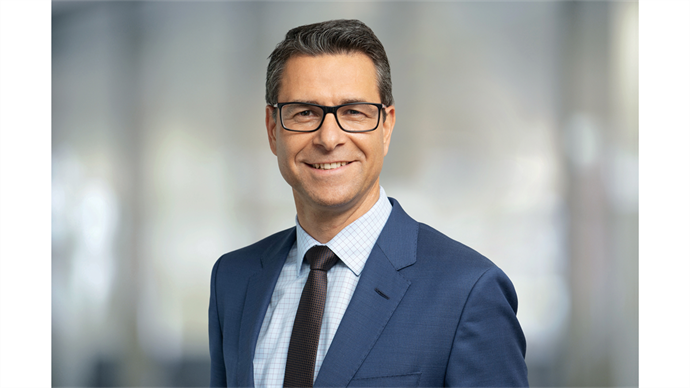In the current volatile market environment, building a diversified portfolio of assets with strong ESG credentials is vital to ensuring their long-term rentability and value stability, writes Uwe Rempis of LaSalle E-REGI.
The European macroeconomic environment remains hugely challenged. Disruptions to global supply chains, the ongoing war in Ukraine and pressure on consumers' disposable income have all combined to increase the pressure on investors.
Yet we remain confident that LaSalle E-REGI, our pan-European fund launched in 2011, is positioned for continued success. At the height of the Covid-19 pandemic, we maintained occupancy rates at 99% and corresponding rental income at 97%. The same principles can help navigate this latest round of macro-headwinds.
Firstly, diversification across sectors and markets is crucial for a resilient portfolio, complemented by investments in high-growth cities and regions in Europe. Take, for instance, LaSalle E-REGI’s acquisition of its first Danish residential property in Frederiksberg near Copenhagen, or the acquisition of a high-quality logistics property at the port of Moerdijk in the Netherlands – both driven by significant demand and inflation-protected cashflow projections.
Secondly, investing in sustainable assets remains critically important. Embedding Environmental, Social and Governance (ESG) and Net-Zero Carbon (NZC) considerations into investment decision-making is still a key focus for us now and will remain so, even after inflationary pressures have abated. As a signatory of the Net Zero Asset Management Initiative, our goal remains to be net zero carbon by 2050. Furthermore, our ESG certification initiative from 2020-21 has already achieved an accreditation rate of more than 75% of the LaSalle E-REGI fund – with 90% of our assets placed in the top two categories.
Making this progress has required the full integration of ESG considerations into all our processes. We carry out this analysis at the investment committee stage, seeking to gain access to the property-specific energy data pre-investment, given the particular importance of data management in the context of ESG implementation. We have committed to reduce our portfolio’s energy consumption, and favour fully electrified assets. If we move forward with acquiring buildings with fossil fuel heating systems, then plans for electrification or other decarbonisation initiatives are central to the business plan.
NZC fund by 2050
In September 2021, LaSalle E-REGI commissioned net zero carbon building audits across the fund to support the delivery of our NZC commitment. The overall objective of the NZC audit process is to provide us with a common understanding of the probable NZC interventions and costs required for a NZC retrofit on each building across the fund. The programme is the first step towards delivering a NZC fund by 2050, and our focus will soon shift from measuring and understanding, to implementing the necessary retrofitting works required for alignment. Setting ourselves up for the successful delivery of the ‘implementation’ phase has begun in earnest, and will be formally launched in 2023.
Another component of our sustainability strategy sits on the tenant side. We rely on a partnership of equals in order to jointly reduce CO2 emissions from buildings’ operations. So-called green lease clauses are a requirement for us. These encourage a collaborative relationship between tenants and landlords and provide better access to energy data.
Taken together, our metrics speak for themselves. In 2021, LaSalle submitted 14 GRESB assessments across the globe. All 14 submissions were awarded GRESB Green Stars, a recognition based on high management and performance scores within the GRESB rating, and five of these submissions – one of which was LaSalle E-REGI – earned five 5-star ratings, the highest attainable.
We will continue to face a fast-changing and challenging market. A diversified portfolio of first-class assets in European countries and appropriate ESG strategies will be key to navigating these conditions. We are already seeing across all sectors of our real estate portfolios that assets with an outstanding sustainability profile deliver higher returns than otherwise comparable properties. This will become an absolute necessity for the rentability of assets and the successful development and value stability of portfolios in the future.
Uwe Rempis is Managing Director and Fund Manager of LaSalle E-REGI


































